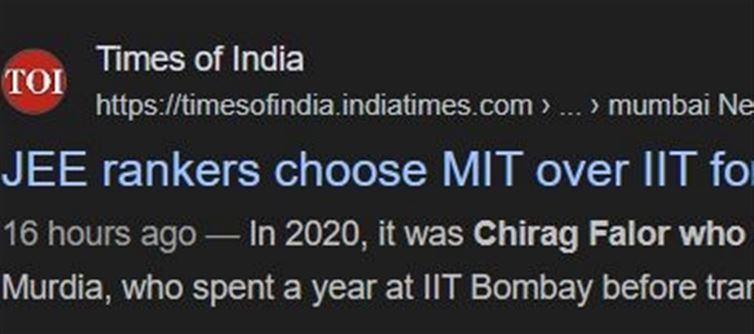
A significant portion of this imported talent comes from India. indian professionals consistently account for the largest share of H-1B visa holders, excelling in fields like information technology, medicine, finance, and academia. However, many critics argue that india is effectively exporting its brightest minds due to domestic policies that limit merit-based opportunities—chief among them, the reservation system. While intended to uplift historically disadvantaged communities, reservations often result in top-performing students and professionals being denied opportunities despite their qualifications, prompting them to seek recognition and advancement abroad.
This brain drain is a pressing concern for India's long-term development. While the U.S. continues to benefit from a steady influx of indian talent, india risks stagnating by not fully harnessing the potential of its most capable citizens. Instead of creating a purely level playing field, critics argue that excessive quotas in education and employment are discouraging excellence and incentivizing emigration. For india to retain its best minds and truly compete on the global stage, many believe reforms are needed to balance social justice with meritocracy—ensuring that talent is nurtured, not driven away.




 click and follow Indiaherald WhatsApp channel
click and follow Indiaherald WhatsApp channel